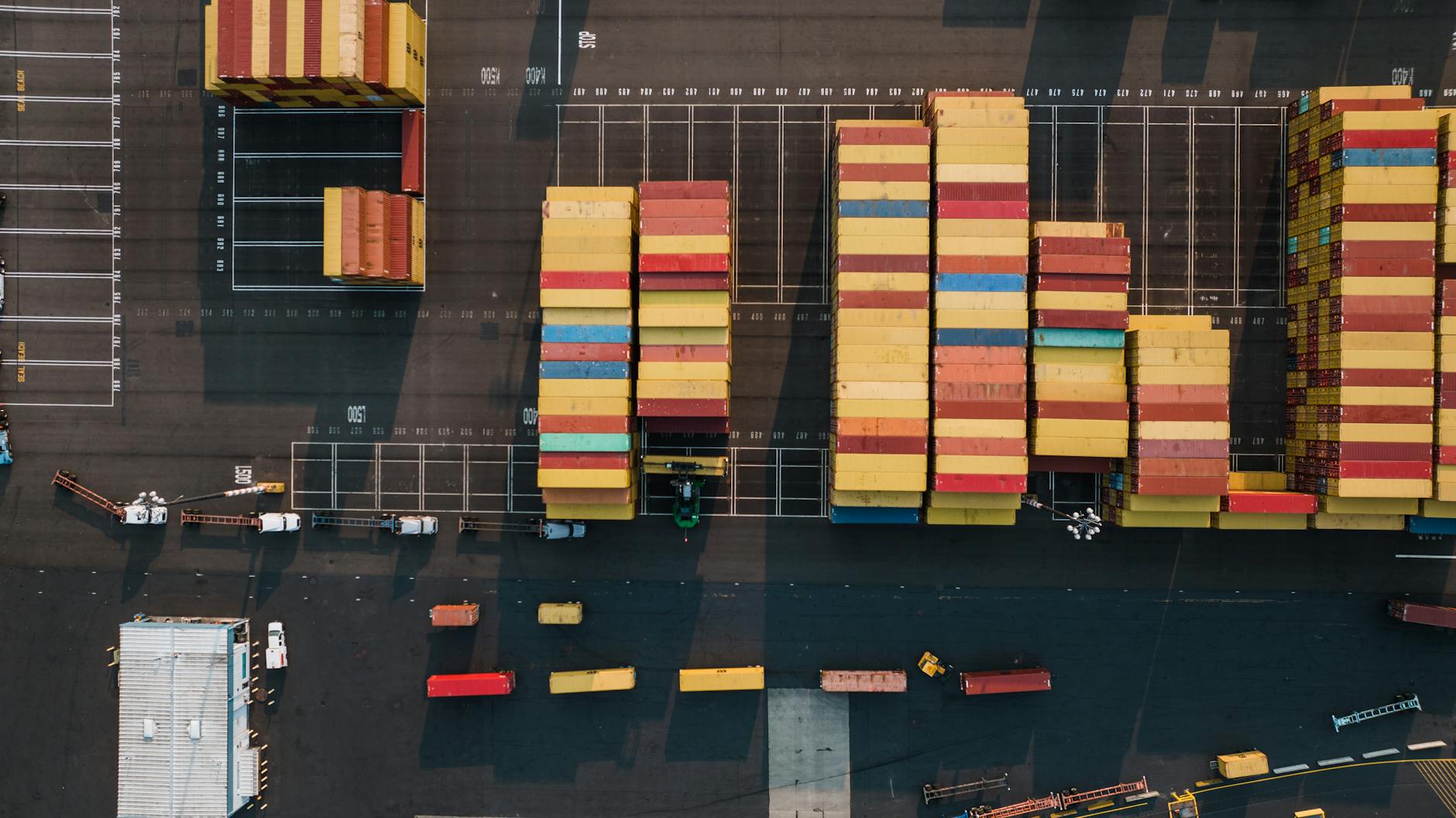The World Trade Organization (WTO) plays a vital role in the international trading system. Understanding its structure and purpose is essential for grasping how trade operates globally. So, what exactly is the WTO? Let’s break it down and explore its significance.
The Basics of the WTO
The WTO is an intergovernmental organization established in 1995. It aims to regulate international trade and ensure that trade flows as smoothly, predictably, and freely as possible. With 164 member countries, it serves as a platform for countries to negotiate trade agreements, resolve disputes, and collaborate on trade policies.
Key Functions of the WTO
-
Trade Negotiations
Countries use the WTO to negotiate trade agreements that can lower tariffs and reduce trade barriers. These negotiations are often complex, involving various sectors like agriculture, healthcare, and technology.
-
Dispute Resolution
Conflicts between member nations can arise when trade rules are perceived to be violated. The WTO provides a framework for resolving these disputes, helping maintain stability in international trade.
-
Monitoring Trade Policies
The organization keeps track of trade laws and practices within member countries. This monitoring promotes transparency and encourages countries to adhere to their commitments.
-
Capacity Building
The WTO offers technical assistance and training for developing countries. This ensures that they can participate in global trade effectively.

Photo by Kelly
History of the WTO
The roots of the WTO trace back to the Bretton Woods Conference in 1944. The idea was to create a global framework for international trade. Initially, the General Agreement on Tariffs and Trade (GATT) was established in 1947 to tackle tariffs and trade barriers.
Over decades, GATT evolved into the WTO in 1995 after the Uruguay Round of negotiations, which introduced more comprehensive trade rules. This shift marked a significant change in how trade agreements are viewed and executed.
Importance of the WTO
The WTO is crucial for multiple reasons. First, it serves to stabilize international trade relations. Without a governing body, countries might engage in trade wars, leading to economic decline. The WTO provides a neutral platform for discussions and agreements.
Second, it encourages developing countries to partake in global trade. By offering support and guidance, the WTO helps them gain access to international markets. This integration can boost economies and improve living standards.
Benefits of WTO Membership
- Market Access: Member countries can access larger markets, enhancing growth potential.
- Trade Security: The predictability of trade rules reduces risks for businesses.
- Negotiation Platform: Countries can negotiate and settle trade terms with fewer conflicts.
Current Challenges Faced by the WTO
Despite its importance, the WTO faces challenges that could hinder its effectiveness. Some of these challenges include:
-
Trade Tensions
Rising nationalism and protectionist policies threaten the WTO’s objectives. Countries may prefer to impose tariffs rather than abide by multilateral agreements.
-
Reform Needs
The WTO’s existing structure struggles to keep pace with modern trade issues, like e-commerce and digital goods. A push for reforms is necessary to address these emerging concerns.
-
Dispute Settlement Issues
The dispute resolution mechanism has faced criticism for being slow and ineffective. Accumulated cases and a lack of participation from member nations further complicate matters.
Conclusion
The World Trade Organization is more than just a governing body for trade. It is essential for maintaining a balanced and fair international trading system. While challenges exist, the WTO continues to adapt and evolve. Understanding its roles helps us navigate the complex world of trade and recognize its impact on our daily lives.
As the world changes, the WTO remains a cornerstone for cooperation among countries. By promoting dialogue and facilitating trade, it plays a key role in fostering economic growth and development worldwide. How do you see the future shaping for the WTO as new trade dynamics emerge?
